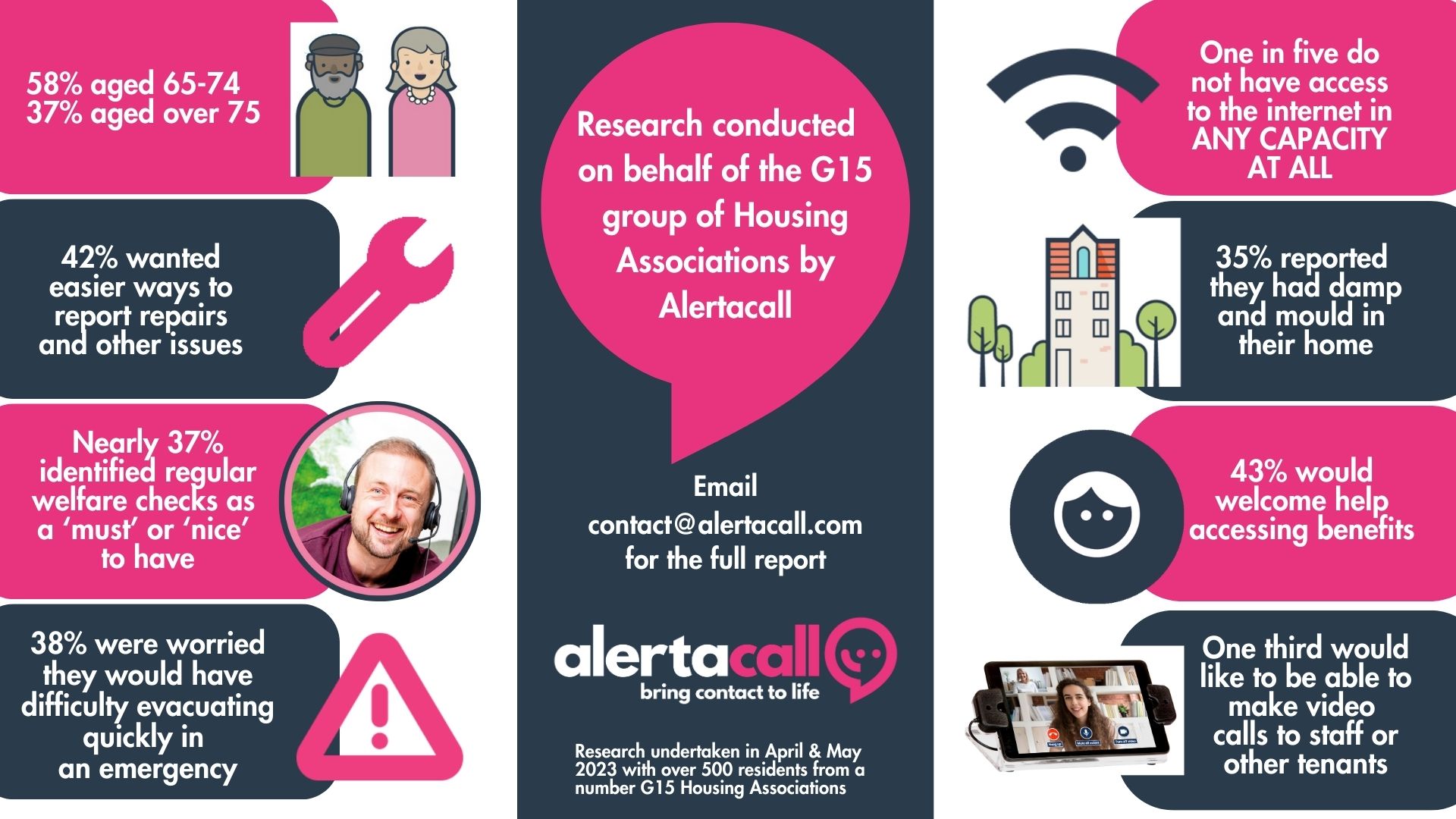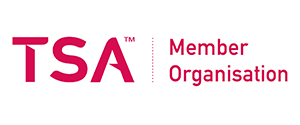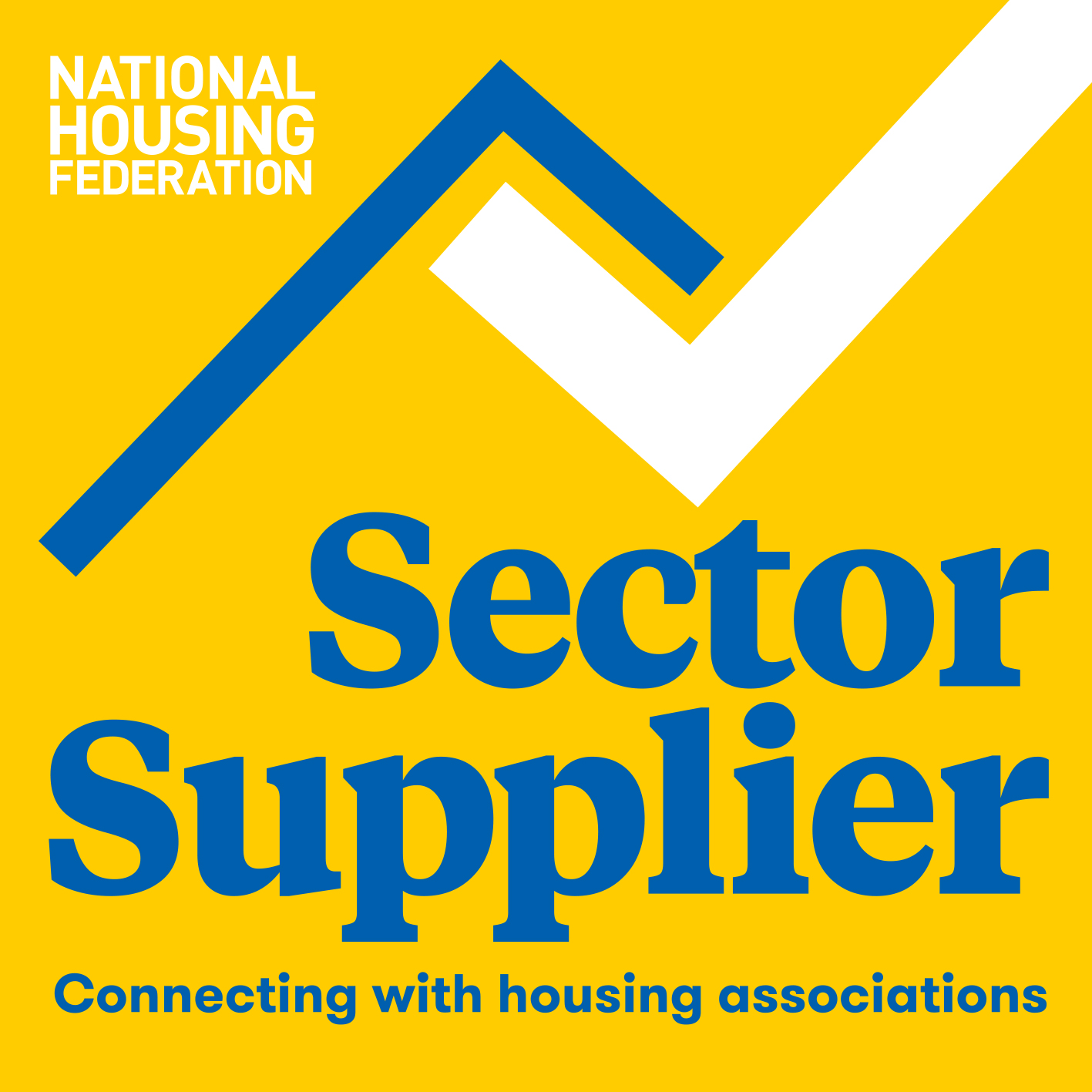News from Alertacall plus articles and insights on how to enhance outcomes for people with higher needs in the housing, health and social care sectors.
Research by Alertacall on behalf of the G15 group of Housing Associations has revealed easier communication with landlords, fixing damp and mould issues, regular welfare checks and difficulty evacuating buildings, as concerns for older people living in general needs accommodation.
However, these issues are likely to go unnoticed by landlords due to the lower levels of contact in general needs housing compared to supported accommodation.
Alertacall worked with providers from the G15 – a group of London’s leading housing associations – to carry out over 500 interviews with older residents between April and May this year.
The interviews took place with customers from Network Homes, Southern Housing, Peabody, One Housing and Hyde Housing in order to understand more about the changing needs of ageing tenants and what the G15 could do to help. Of those surveyed, 58 per cent were 65 to 74 and 37 per cent were over 75.
The research comes at a time when many older people, who would have traditionally lived in supported housing, are living in general needs homes due to the increasing ageing population and lack of available supported accommodation. This has led to a situation where their needs may go unnoticed as there is less contact between tenants and providers in general needs settings.
Of the customers surveyed, 38 per cent were worried they may have difficulty evacuating a property quickly due to physical disabilities, while 27 per cent said their landlord should be providing adaptations or aids to make it easier for them to live in their home.
Regular welfare checks were also identified as being ‘a must’ or ‘nice to have’ by nearly 37 per cent of residents. The desire for regular contact grew as tenants’ age increased and was also valued more highly by those living alone.
Thirty-five per cent reported they had damp and mould in their home, with most considering this an issue that the landlord should fix.
The survey found that easier ways to report repairs and antisocial behaviour were a ‘must have’ for 42 per cent of residents, while a third would welcome the ability to make video calls to housing staff or other tenants.
Of the one in eight who had a wearable alarm, only 60 per cent wore it all or most of the time, dropping to a third for those over 85.
One in five of those surveyed did not have access to the internet in any capacity at all, with over a quarter saying they would like help to get online.
The survey also found 43 per cent would welcome help with accessing benefits, while assistance with heating was important for 65 per cent. Of the 49 per cent who had a garden, 29 per cent were struggling with its upkeep, especially those living alone.
Meanwhile, 45 per cent said they would appreciate it if their landlord organised activities for them to take part in.
Tony Morgan, Head of Specialist Housing and Strategic Neighbourhoods, The Hyde Group, comments that the research has highlighted a range of critical issues facing housing associations.
“We know that there is a growing ageing population in our general needs accommodation, and these residents are at risk of becoming isolated as they are more likely to stay in their current accommodation rather than move to age-specific housing schemes. So we need to explore ways of improving communication, especially as the research highlighted that many older residents are digitally excluded.
The survey also identified the areas that older customers are most concerned about, such as daily contact, repairs reporting and the ability to connect with housing teams or their fellow residents through video calls. This has helped us, as their social housing providers, to identify where we can support those needs.
We recognise that, collectively, we need to find simple solutions, such as devices in their homes that are designed specifically for older people, to enable them to better communicate their needs with us and keep them informed.”
James Batchelor, CEO and founder of Alertacall, said the survey results showed that regular contact was the key to meeting residents’ needs.
“You can only understand people’s needs if you have the ability to communicate with them. Contact is king,” said James.
“We know there are a growing number of people over 65 living in general needs accommodation. However, as the numbers increase it is getting harder for landlords to stay in touch with this large, and often vulnerable, group of tenants.
“All of the issues raised could either be solved or at least helped if tenants are able to communicate using digital technology. This would enable them to report problems such as damp, mould and antisocial behaviour online or receive daily welfare checks remotely.
“Not only is this of benefit to residents; it also improves efficiency for housing providers and allows them to monitor and understand the changing needs of their tenants. To do this, housing providers need to be more proactive in communicating with their residents to get to know both the property and the customer behind the door.
“Alertacall developed our Housing Proactive service to meet many of the challenges identified in this survey. We provide a touchscreen which people use to confirm that everything is OK at their property, with optional proactive human contact. It also makes it possible to report issues to their landlord online and enables two-way communication with housing staff.
“With the changes in legislation, many housing providers recognise that these issues need to be addressed quickly with simple, easy-to-use technology that has been specifically designed with older people in mind. In most cases, the survey simply highlights problems that the social housing sector is aware of, but they are quickly becoming more pronounced.”
The detailed research results are available by emailing contact@alertacall.com








